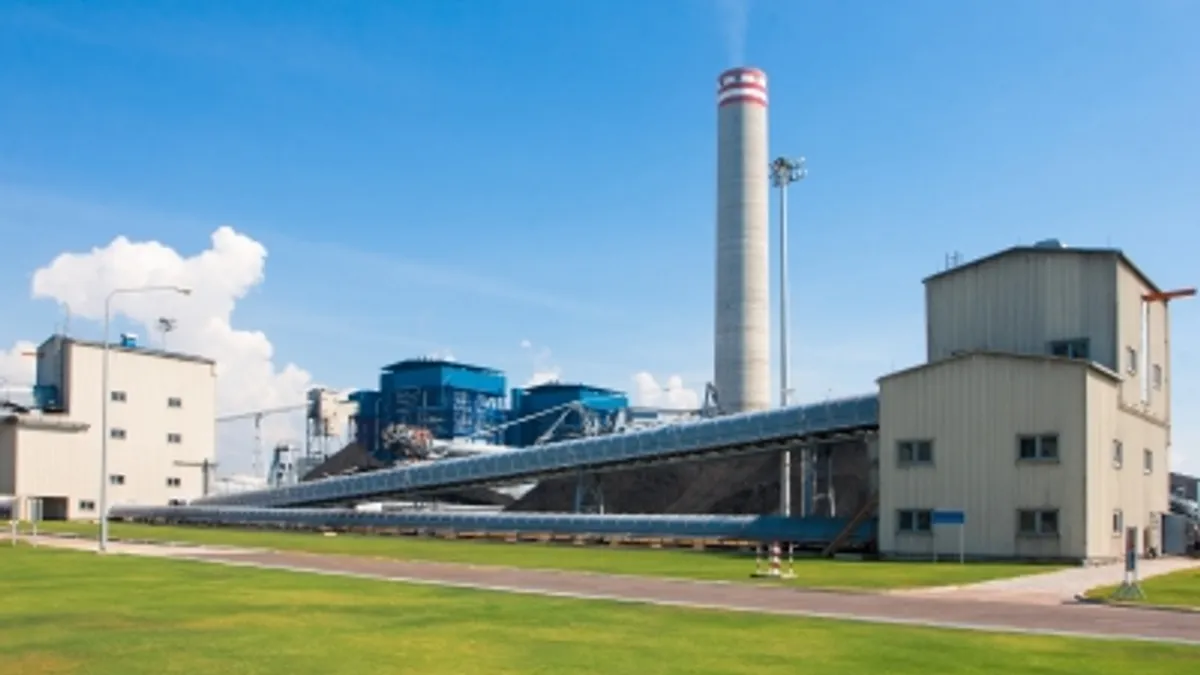The Environmental Protection Agency has issued its mercury and air toxics standards, the first national rules intended to protect Americans from power plant emissions of mercury and toxics like arsenic, acid gas, nickel, selenium and cyanide.
EPA's plan is to rely on pollution controls that are already in use at more than half of the nation's coal-fired power plants.
The new rules are based on EPA's estimates that they will prevent as many as 11,000 premature deaths, 4,700 heart attacks, 130,000 cases of childhood asthma symptoms and about 6,300 fewer cases of acute bronchitis among children each year.
EPA was told to tackle toxic air pollutants when the Clean Air Act passed in 1990. Getting to the new rules involved years of research, work with utilities and more than 900,000 public comments.














